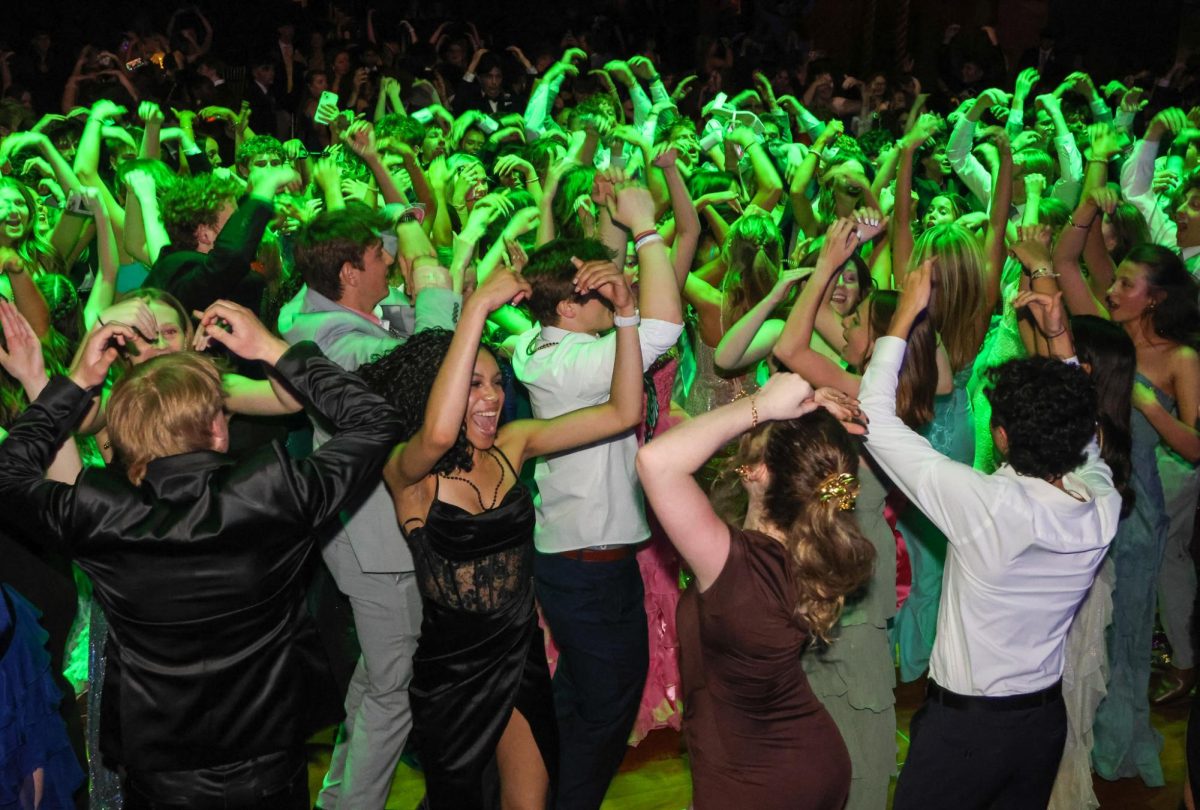LGBTQ teens need to receive support at home
Teens who identify themselves as a part of the LGBTQ community who aren’t supported by their parents need to be shown they are accepted at school
April 9, 2018
Going to a high school that offers a safe learning environment, friends and having caring parents at home is what all teenagers want. The problem is, all teenagers don’t receive that. Teenagers are being discriminated in their own homes by parents because they identify themselves as lesbian, gay, transgender, bisexual or queer. One in four teens in the LGBTQ community are discriminated by their parents or relatives, according to the Human Rights Campaign survey.
People are vocal about how churches and businesses treat anyone in the LGBTQ community, but no one talks about how they are treated in their own homes. For instance, the Chick-fil-A controversy where the CEO Dan Cathy made homophobic remarks when he was asked if he was “in support of the traditional family.” Nobody hears about anything like that happening within a family, but it happens more often than one would think.
According to the Human Rights Campaign survey, teens that aren’t accepted by the people they want to accept them most are eight times more likely to attempt suicide. These teens are also at a much higher risk for mental health problems and drug use.
Studies from the Religious Research Association show that there is a strong connection between being religious and being homophobic. In the Bible it says that you should receive the death penalty if you are a homosexual. In the Old Testament, Leviticus 20:13 states “If a man lies with a man as one lies with a woman, both of them have done what is detestable. They must be put to death; their blood will be on their own heads.” It also says you should receive the death penalty if you eat pork and charge interest on loans. People these days don’t follow all of the rules of the Old Testament Law Code. In Hebrew 8:13 it says the old law is aging.
The Bible never talks about love and commitment between the same gender. The same person who said being a homosexual was a sin, stated that women shouldn’t speak in church and men shouldn’t have long hair.
We live in the 21st century. Being gay, lesbian, transgender, bisexual or queer is becoming more validated by the public. Though you do hear an occasional “that’s so gay”, which usually refers to something that’s not, we are evolving as a society. Most people of younger generations are supportive of people who identify themselves as a part of the LGBTQ community and older generations are more traditional. This links to studies from the Relation of Religious Affiliation that show older generations are more religious.
To fix the problem of teens being discriminated in their own homes, we can make them feel extra welcome at school. We can give them the acceptance that their parents don’t show them at home. The government could also fund more organizations that specifically support LGBTQ teens.
Although everyone can’t directly stop parents from discriminating their children because of who they are, we can surely show teens our love and support whenever they need it.
A quote by the Archbishop of Saltillo says it all.
“Homosexuality isn’t a sickness. Homophobia is.”












